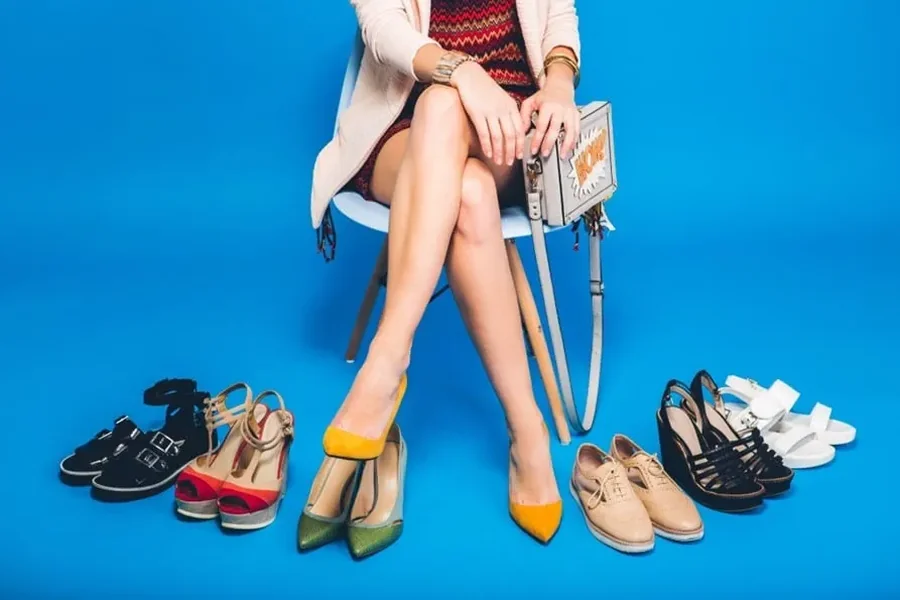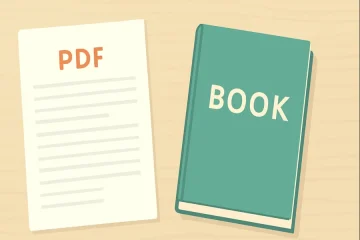If you are like most people, you probably have a few pairs of shoes that you no longer wear. And, if you’re like most people, you don’t know what to do with your old shoes.
That begs the next question – do pawn shops buy shoes?
In this post, we’ll tell you everything you need to know if you want to sell shoes to pawn shop. Keep reading to learn more!
Do pawn shops take shoes?
If you aren’t familiar with pawning, at a pawn shop you can typically sell just about anything of value that you own.
This can include jewelry, electronics, tools, and even clothing. So, can you sell shoes to a pawn shop?
The answer is yes, but there are a few things to keep in mind. First of all, the value of the shoes will be based on factors such as the brand, condition, and style.
Also, pawn shops typically prefer to deal in newer items, so don’t expect to get top dollar for a pair of well-worn sneakers.
Finally, it’s always a good idea to call ahead to see what the shop’s policies are regarding the sale of shoes.
Another good question to ask is, “how much do pawn shops give for shoes?” That way, you’ll know what to expect.
All in all, selling shoes to a pawn shop is a perfectly viable option if you’re looking to get rid of some unwanted footwear.
Pros and Cons of Selling Shoes to a Pawn Shop
Here are some more pros and cons of selling shoes to a pawn shop:
Trend on the Rise
As the economy struggles to bounce back, more people than ever before are selling their valuables to pawn shops. While you can sell your shoes, too, you’ll have the best results if you sell top dollar brands like Adidas, Nike, or Air Jordans, which can fetch anywhere from $5 to $160, depending on the condition.
What kind of shoes do pawn shops take?
If you’re looking to sell some gently-used shoes to a pawn shop, there are a few things to keep in mind, along with our general guide on selling to pawn shops.
First, it’s important to select shoes that are in good condition and aren’t too heavily-worn.
Pawn shops are more likely to accept shoes that look like they’ve been well-cared for and aren’t showing too much wear and tear.
Second, it’s a good idea to focus on selling name-brand shoes. Pawn shops are often willing to pay more for designer brands than for generic labels.
Finally, remember that pawn shops typically deal in used goods, so don’t expect to get full retail value for your shoes.
If you are aiming for a higher payout, check out these other items you can pawn for over $500.
With these factors in mind, here are some of the best brands of shoes to sell to a pawn shop:
- Nike Shoes – A pair of mint condition Nikes should sell well
- Adidas Shoes – Adidas shoes are known for being durable and they hold value well
- Converse Sneakers – Converse sneakers are classic, timeless, and unique, making them good options
Tactic for Success
Before deciding to sell your shoes to a pawn shop, call the shop and make sure they accept shoes. This could save you a trip and a lot of hassle, since some pawn shops will not accept any shoes and others will only buy shoes in mint condition (or from very rare or valuable brands).
How much can you get for pawning shoes?
According to a recent study, the average pawn shop pays out $4.35 for shoes. However, this figure can vary widely depending on the type of shoe, the condition of the shoe, and the market value of the shoe.
For example, a used pair of Nike running shoes in good condition may fetch a higher price than a brand-new pair of knock-off sneakers.
In general, however, most pawn shops will pay relatively little for shoes, as they are generally not in high demand.
When you are ready to sell your shoes to a pawn shop, there are a few things you can do to ensure you get the best price possible.
Here are some tips:
- Do Your Research – Know what similar shoes are selling for at other pawn shops
- Clean the Shoes – Make sure your shoes are in good condition and as clean as possible
- Try to Negotiate – Be willing to negotiate and stand your ground
Trend on the Rise
The more rare or unique your shoes are, the more money you will fetch for them. The design, style, and condition make a huge difference. The best-selling brands at pawn shops include Burberry, Balenciaga, Dolce & Gabbana, Dior, Adidas, Nike, and Air Jordans.
Where else can I sell my shoes for cash?
While there are lots of benefits to selling your shoes to a pawn shop, the reality is that it isn’t always the best fit for everyone. That’s okay!
Many people debate between pawning or selling their shoes and other goods, and there are pros and cons to both.
There are a number of other places where you can sell your shoes for cash. One option is to sell them directly to a footwear retailer.
Many retailers are always looking for new inventory, and they may be willing to pay more than a pawn shop for your shoes.
Another option is to sell them online.
There are a number of online marketplaces that specialize in buying and selling used shoes.
Selling on StockX is the most popular shoe-centric marketplace today.
Finally, you could also try posting a classified ad in your local newspaper or on Craigslist. But by doing a little research, you should be able to find a buyer who is willing to pay top dollar for your shoes.
Wrapping Up
Shoes can be difficult to resell, but exceptions can be made if the shoes are in excellent condition or are rare/collectible items.
Follow these tips if you’re planning on selling your shoes to a pawn shop in the future!



